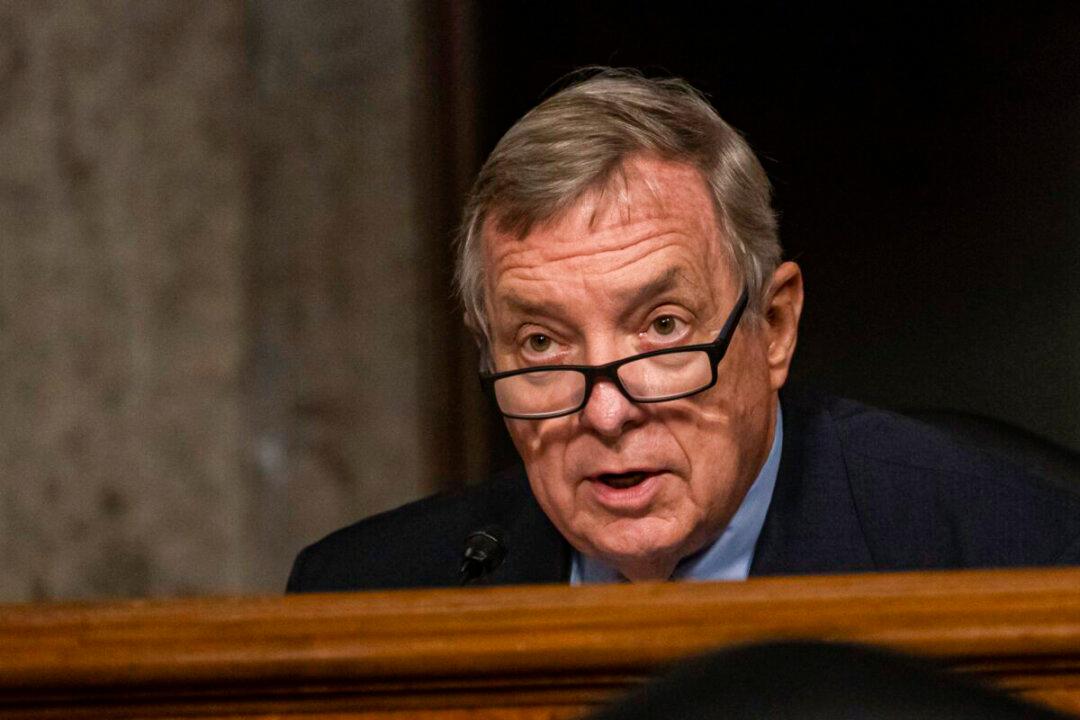Senate Judiciary Committee Chairman Dick Durbin (D-Ill.) was among the bipartisan group of signers of a March 16 Sunshine Week letter to Comptroller General Gene Dodaro declaring that the Freedom of Information Act (FOIA) “is crucial for ensuring transparency and accountability in government, but persistent challenges continue to limit citizens’ ability to access information under the statute.”
Sunshine Week is the annual celebration of the FOIA by journalists, transparency advocates, and some elected officials. Durbin and the other signers asked Dodaro, who heads the Government Accountability Office (GAO), to investigate why there is a huge, and growing, backlog of unanswered FOIA requests at federal agencies.





